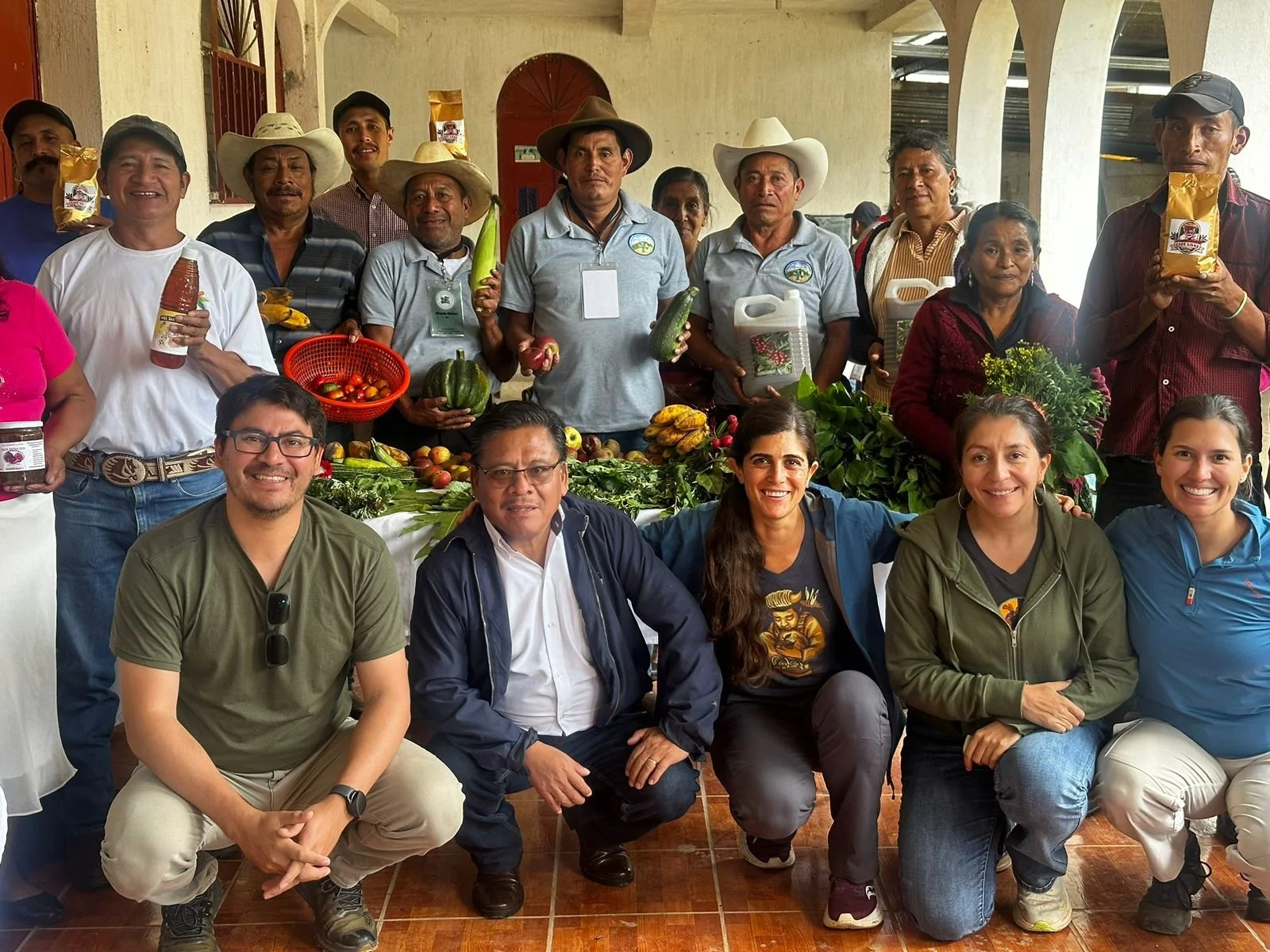Economic Alternatives in Mesoamerica & The Caribbean: Welcoming Our Research Team
Amidst the economic turmoil of USAID closures, tariffs, deportations, and other shifts in Mesoamerica, the need to invest in resilient economies has become even more clear. The region’s long-term stability will come from supporting the communities who know it best, and many of those communities are already finding ways to sustain their livelihoods while also protecting their landscapes, culture, and people.
With the support of the Ford Foundation, we will spend the next year identifying these ground-up economic alternatives, ultimately working to understand the broader policy, financing, and other conditions that help them thrive. The region holds countless examples of enterprises, cooperatives, and other locally-led initiatives that care for both people and the planet, and documenting these models will help shift key resources towards their development.
As we do in all our work, we’re building this effort with local relationships and collaboration. Over the past few months, we’ve assembled a research team of 7 organizations – covering Mexico and Belize, Guatemala, Honduras, El Salvador, Costa Rica, Nicaragua and Panama, and the Caribbean region – who will be working with us to identify and research economic alternatives in their countries. We selected these organizations based on their extensive experience, deep ties to the region, and existing relationships of trust with local communities, and we are thrilled to be moving forward with such an incredible team.
Together, we will document hundreds of alternative economic models and analyze conditions the Ford Foundation can influence towards their success.
TWP’s direct efforts with communities will never stop; and, as we’ve grown, we’ve reached positions to shift the broader context in which our partners work. The broader our reach, the greater our opportunity to distribute significant resources in ways that align with the values communities have taught us.
Resilient economies will grow from local values, knowledge, and leadership, but organizations and funders can help create fertile ground – we’re honored to be in a position to do so.


